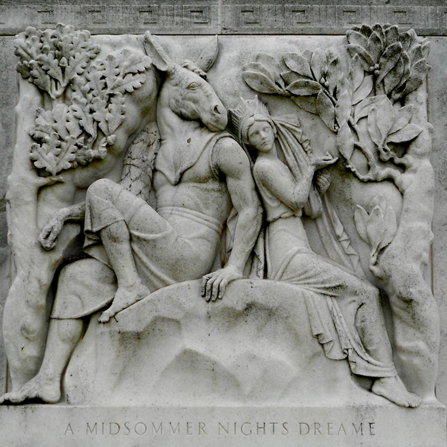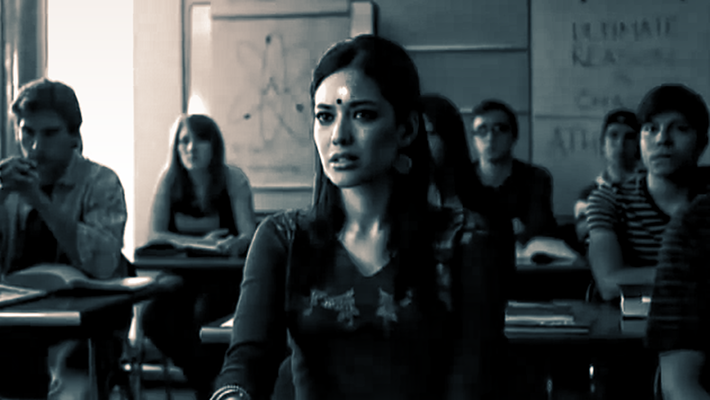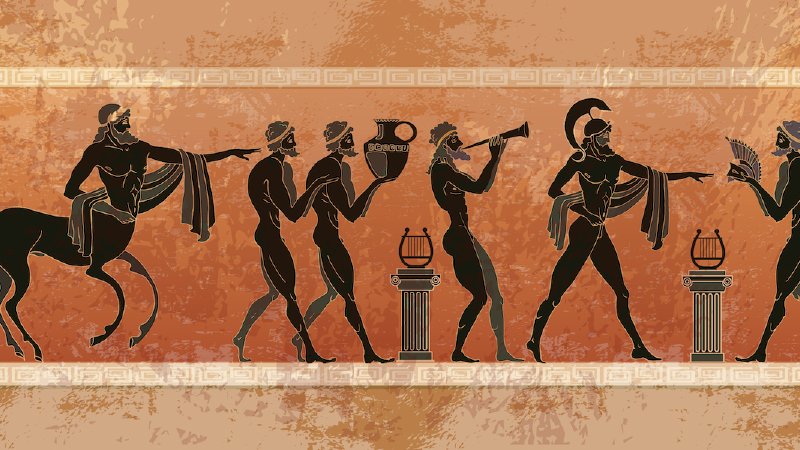
-
HOME
-
WHAT IS STANDOur Mission Our Values Our Help Contact
-
WHAT WE FIGHT FORReligious Freedom Religious Literacy Equality & Human Rights Inclusion & Respect Free Speech Responsible Journalism Corporate Accountability
-
RESOURCESExpert Studies Landmark Decisions White Papers FAQs Religious Freedom Resource Center Priest-Penitent Privilege Islamophobia Freedom of Religion & Human Rights Topic Index
-
HATE MONITORBiased Media Propagandists Hatemongers False Experts Hate Monitor Blog
-
NEWSROOMNews Media Watch Videos Blog
-
TAKE ACTIONCombat Hate & Discrimination Champion Freedom of Religion Demand Accountability
Which Scientology Books Have You Read?
Any longtime Scientologist like me has become inured to periodic lunatic media eruptions on the subject. They bring to mind A Midsummer Night’s Dream, wherein Puck famously said, “Lord what fools these mortals be.”

Is it really possible that Scientology’s explosive expansion is traceable to the enormous appeal of all of this alleged bizarreness? Could there really be enough idiots, maniacs, rubes to sustain its global structure? If Scientology were anywhere near as depicted, if it didn’t provide something demonstrably valuable, wouldn’t the incessant media barrage have obliterated it by now? How can the fact that its reach and influence is greater than ever—more than a quarter century after the death of its founder—be reconciled with the media portrayal of our religion? Surely, this all makes no sense to even a modestly deductive thinker.
The simplicity of the situation is that Scientology is a game changer, arguably one of the biggest in human history.
The simplicity of the situation is that Scientology is a game changer, arguably one of the biggest in human history. And, as an examination of said history would quickly confirm, game changers have not generally been received with warm greetings and fond expressions of appreciation. We can reference man’s reception of Jesus, Copernicus and Darwin in support of Puck. Indeed, it is the very thing that produces the media blather and hysteria that L. Ron Hubbard identified for the first time: nothing less than the true source of all evil, insanity and suffering in this world. I am aware of how audacious this sounds, even politically incorrect, but it’s a provable fact. And it would be difficult for any literate individual to read Dianetics without recognizing this.

Which is why, when I see TV journalists conducting pro and con interviews in the course of an “exposé” on Scientology, I always wish the Scientologist would ask the interviewer: “Which Scientology books have you read in researching the subject?” (Not that the question and response wouldn’t be edited out.) And even if you’re barely paying attention, it’s hard not to notice that the media focus is never on what Scientology actually is, how and why it works, what so many people find attractive about it, etc. No reference is made to the scientific basis of its counseling. Instead, it’s about something irrelevant, like a book or “documentary” produced without speaking to a single currently practicing Scientologist or Church official. Any news piece purporting to “throw light” on a discreditable practice of, say, the Catholic Church, without offering a representative a platform to respond, would be unthinkable. The Church of Scientology is, similarly, a religion deserving of respect. As such, repeated media assaults consistently relying on reports by the same recycled disaffected—or officially expelled—former Scientologists constitute a modern and villainous form of religious discrimination.
By virtue of their experiences, training, personal discoveries, etc., Scientologists are inclined to take the long view with regard to such matters. Attacks result in greater interest in Scientology, as evidenced by the skyrocketing number of visits to scientology.org and the increases in book sales that always follow an “exposé.”
Speaking of which, pick up Dianetics: The Modern Science of Mental Health; Scientology: A New Slant on Life; Problems of Work; or Fundamentals of Thought and start reading. I promise you that what you will encounter will jaw-droppingly NOT square with media portrayal. What you will encounter will be inexplicably sensible and completely lacking in weirdness. And what you will encounter will have the familiar feel of something you have always known.









